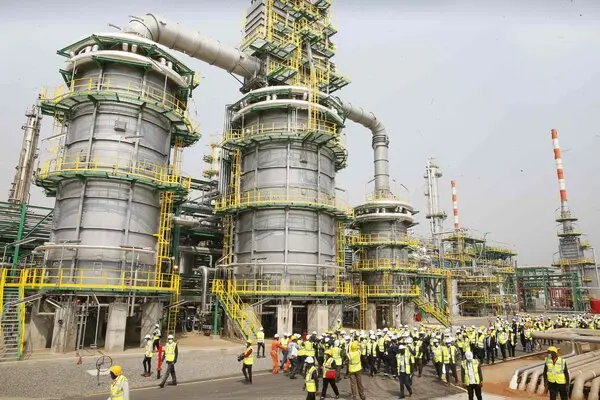
The Algerian Petroleum Institute (IAP) has been officially recognised as the world’s leading energy training institute by the Organization of the Petroleum Exporting Countries (OPEC).
The accolade, announced during a recent OPEC+ ministerial videoconference, coincides with Algeria’s plan to boost its crude oil output by 12,000 barrels per day starting August 2025.
Founded in 1965, the IAP has long been a cornerstone of Algeria’s hydrocarbon sector, specialising in the training of industry executives.
Its influence extends well beyond national borders, underlining Algeria’s pivotal role in the global energy landscape.
The award marks a significant milestone for the country’s energy ambitions as it seeks to attract new international partners and modernise its training infrastructure.
Despite this achievement, Algeria faces pressing economic challenges on the home front.
Recent government-imposed import control regulations have sparked unease among employers’ groups, who argue that the measures are poorly coordinated and risk exacerbating delays within an already cumbersome bureaucratic system.
Moreover, Algeria’s broader economic diversification efforts remain hindered by four major obstacles: slow administrative procedures, inadequate logistics infrastructure—especially in port facilities—persistent customs barriers, and the absence of a clear national strategy for non-hydrocarbon exports.
These structural barriers continue to tether the Algerian economy to its reliance on oil revenues, despite the comfortable fiscal position gained in recent years.
This contrast between the country’s global leadership in energy training and its domestic economic hurdles illustrates the complex, transitional nature of Algeria’s development model.
While determined to reform and rationalise, Algeria still grapples with deep-rooted structural challenges that temper the promise of its growing energy sector.



